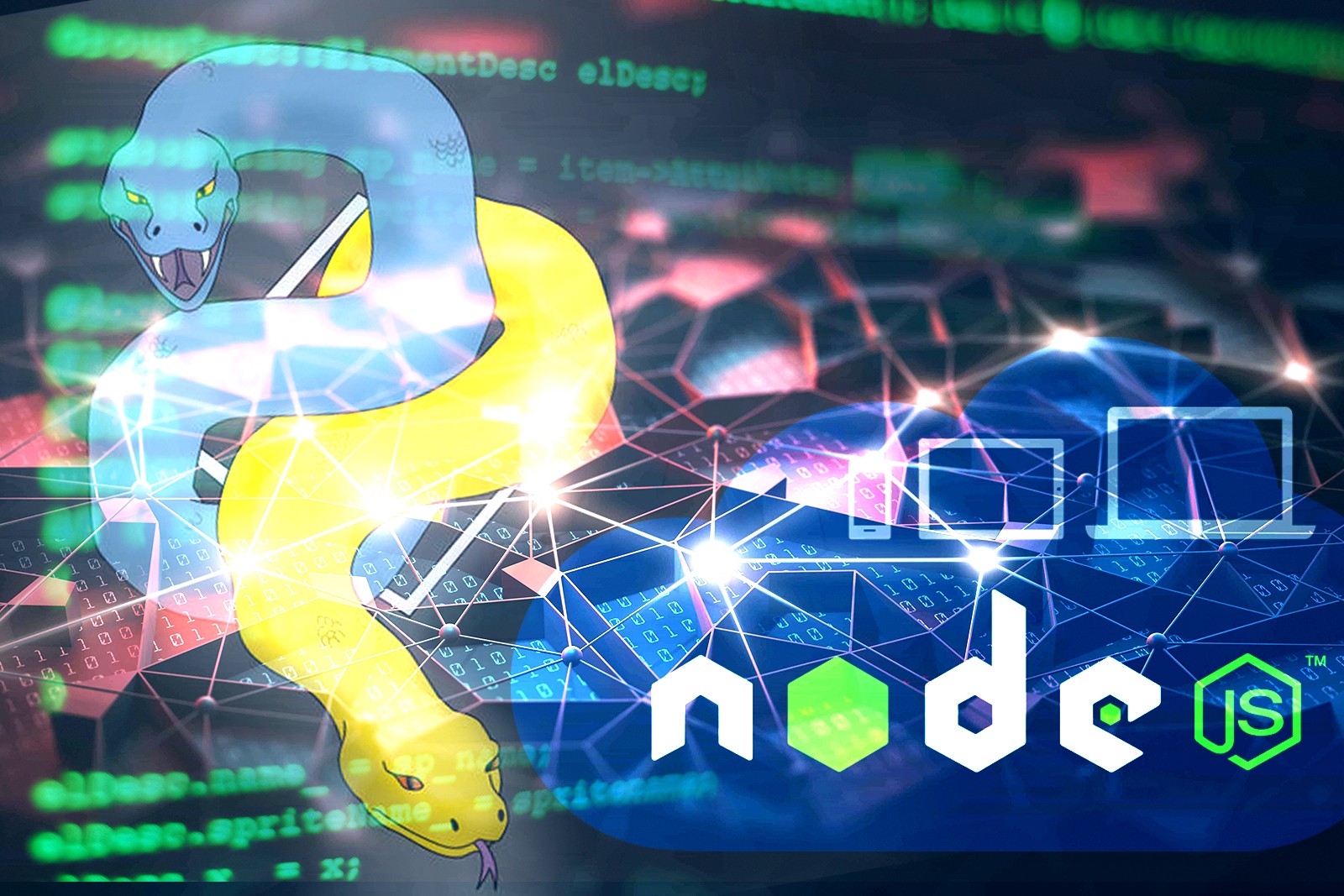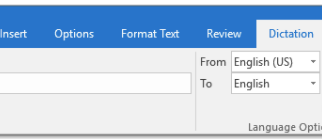 image source: intersog.com
image source: intersog.com
When it comes to back-end development and the crucial steps in your mobile app development phase, NodeJS and Python play a leading role. Both programming languages are also designed to help you achieve the same end goals.
NodeJS is a programming language that is based on JavaScript and runs on the V8 engine. While NodeJS utilizes a V8 JavaScript interpreter with a built-in-Just-in-Time compiler to enhance the speed of web apps, Python utilizes a PyPy built-in interpreter. Python can also help you work faster while integrating systems more effectively.
There is really no right or wrong answer to the question as to which coding language is better. It really depends on you and the unique variables associated with your project.
If you?re skilled and comfortable with both, the best approach is to clearly understand what type of application you want to develop. Based on the features or functionalities required, you can confidently make a decision.
NodeJS
Ryan Dahl first released NodeJS in 2009 as an open source, cross platform powerful run-time environment that?s built on the V8 engine. This means that you will be able to achieve fast, dynamic, scalable applications using this language.
NodeJS is highly efficient because of its single threaded event call back mechanism which provides the opportunity to connect scripting languages with the brute force of network programming (but it also supports multithreaded applications).
As it?s pure JavaScript, it?s quite simple for developers to learn with less dependencies.
KEY ADVANTAGES OF CODING WITH NODEJS
More often than not, NodeJS runs faster than Python. The latter tends to be quite tedious during the initial stages. This is probably one of the reasons why it?s in high demand among today?s startups.
NodeJS is probably the best platform out there right now to deal with real-time web applications. These are apps that handle data-streaming, queued inputs, and proxy. It also performs really well when used to develop chat applications.
Other key benefits include:
- NodeJS ensures the use of the same language both on the client and server side
- Easy to scale with multi-core systems
- Handles concurrent requests with minimal overhead (approximately two to three more connections on the same server as other languages)
- Faster web page loading times
- Easy to monitor
- Simple to deploy
- Easy to support
KEY DISADVANTAGES OF CODING WITH NODEJS
Although it?s based on JavaScript, NodeJS doesn?t have any clean coding standards. So it?s not the best option for process intensive large development projects (unless you have an expert team that can collaborate in a disciplined manner).
All developers on the project must stick to Bluebird or Promise library while maintaining a strict style guideline to avoid breaking and derailing the project. Further, there is also a chance of falling short of several valuable functions in the IDE like the following:
- Call-backs
- Debugging
- Error handling
- Overall maintenance
Python
Python has been around for a long time, in fact, it was first developed way back in 1991. It?s a clean server-side scripting language that?s multi-purpose and highly productive.
You can say that it?s a high-level language for developing highly portable mobile and web applications. Further, it has a distinctive multi-programming paradigm support that includes the following:
- Imperative
- Object-oriented
- Functional and procedural styles
KEY ADVANTAGES OF CODING WITH PYTHON
Python enables developers to get the job done with fewer lines of code than similar object-oriented languages. Further, most developers are also comfortable with switching between Java and Python (and that?s why you see it used in tandem).
Python offers seamless maintenance where errors can be resolved within minutes. Its compact syntax is easy to work with and it?s a language that?s easy to debug.
Python can also do whatever you can achieve with PHP code, but much faster. So if you?re working on a large project, this might create some issues.
As it?s been around for more than 25 years, developers have access to high functionalities and extensive library support. Python also offers several advanced web API?s that include the following for the back end:
- Django
- Flask
- Pyramids
At the front end, you can use Tkinter/PySide API?s. It?s also highly portable as it can be used for both mobile and the web with a wide variety of web scripting and scraping.
KEY DISADVANTAGES OF CODING WITH PYTHON
Python comes with a steep learning curve, so it can take some time to catch up if some developers on your team aren?t familiar with it. As mentioned earlier, it?s much slower than Java in a run-time environment.
It?s also highly unsuitable for memory intensive processes as the language is interpreted creating an initial performance drop in comparison to Java. As a result, it?s not going to be the language of choice to develop apps that utilize high-end 3D graphics.
While Python continues in a constant state of evolution, the documentation on newly included functionality is quite poor. Furthermore, the resources that detail the functions and related tutorials are far less when compared to Java-based languages.
Python and NodeJS Developer Salaries 2017
In the United States, a senior Python developer earns on average $118,000 per annum, and a senior Nodejs developer makes $116,000. In Canada, you?ll be able to get a senior Python developer for 97,ooo CAD, and a Nodejs developer for 92,000?112,000 CAD annually.
In Ukraine, Eastern Europe, you can hire a senior Python developer for $36,000 ? $42,000, and a good Nodejs resource will cost you something between $36,000 and $50,000.
It?s difficult to say that one programming language is better than another because it?s all relative. What?s better for your project will depend on your team?s expertise and project specific requirements. That?s probably the best way to approach the answer to the question.
This is a short version of the article. For the full version please check out the Intersog blog.


